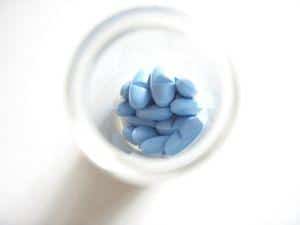
A plaintiff must prove a problem with the product occurred in order to be able to successfully make a product liability case. Evidence may include expert testimony and studies showing problems with the product. A recall may sometimes be used as evidence in a product liability claim, although recalls do not automatically make manufacturers liable even when presented as evidence. Recalls can alert consumers to the fact that a product they were using harmed them, so the consumer can stop using the product and can move forward with exploring the possibility of legal action.
What are the Different Types of Product Recalls?
There are three major types of product recalls and Life Hacker provided a summary of what each of those different recall types are.
The three major types of recalls include:
Recalls of food products and drug recalls.
Both the US Department of Agriculture (USDA) and the Food and Drug Administration (FDA) can become involved in the enforcement of recalls for the majority of products people ingest (although the USDA and FDA do not have authority over alcohol and shellfish recalls). There are three classes of food and drug recalls. Class I recalls are reserved for the most dangerous and defective of products that can cause serious harm. Class II recalls are used when products are dangerous but cause harm that is medically treatable or temporary. Finally, Class III recalls are for products with misleading packaging or that violate a legal regulation but that do not necessarily cause serious harm.
Recalls of vehicles or vehicle parts.
These types of recalls are enforced by the National Highway Traffic Safety Administration (NHTSA). The NHTSA becomes involved in two different types of recalls. They become involved when there are a large number of consumer complaints on a similar issue and they become involved when a defective car or its parts causes serious safety risks.
Other recalls.
Finally, the last broad category of recalls applies to virtually all other products that do not fit into the above two categories. The Consumer Product Safety Commission oversees these general recalls of other products. The recalls are initiated either because a manufacturer reaches out to CPSC when it identifies a problem or because there are a large number of consumer complaints.
Consumers should regularly check for recalls to determine if any products they are using could present a health risk.
Have You Been Injured By A Defective Product?
If you or a loved one has been injured due to a faulty product you need to speak with an experienced defective product attorney as soon as possible. Please contact us online or call our office directly at 855.GA.INJURY or 404.991.5950 to schedule your free consultation.
 Georgia Personal Injury Lawyer Blog
Georgia Personal Injury Lawyer Blog

